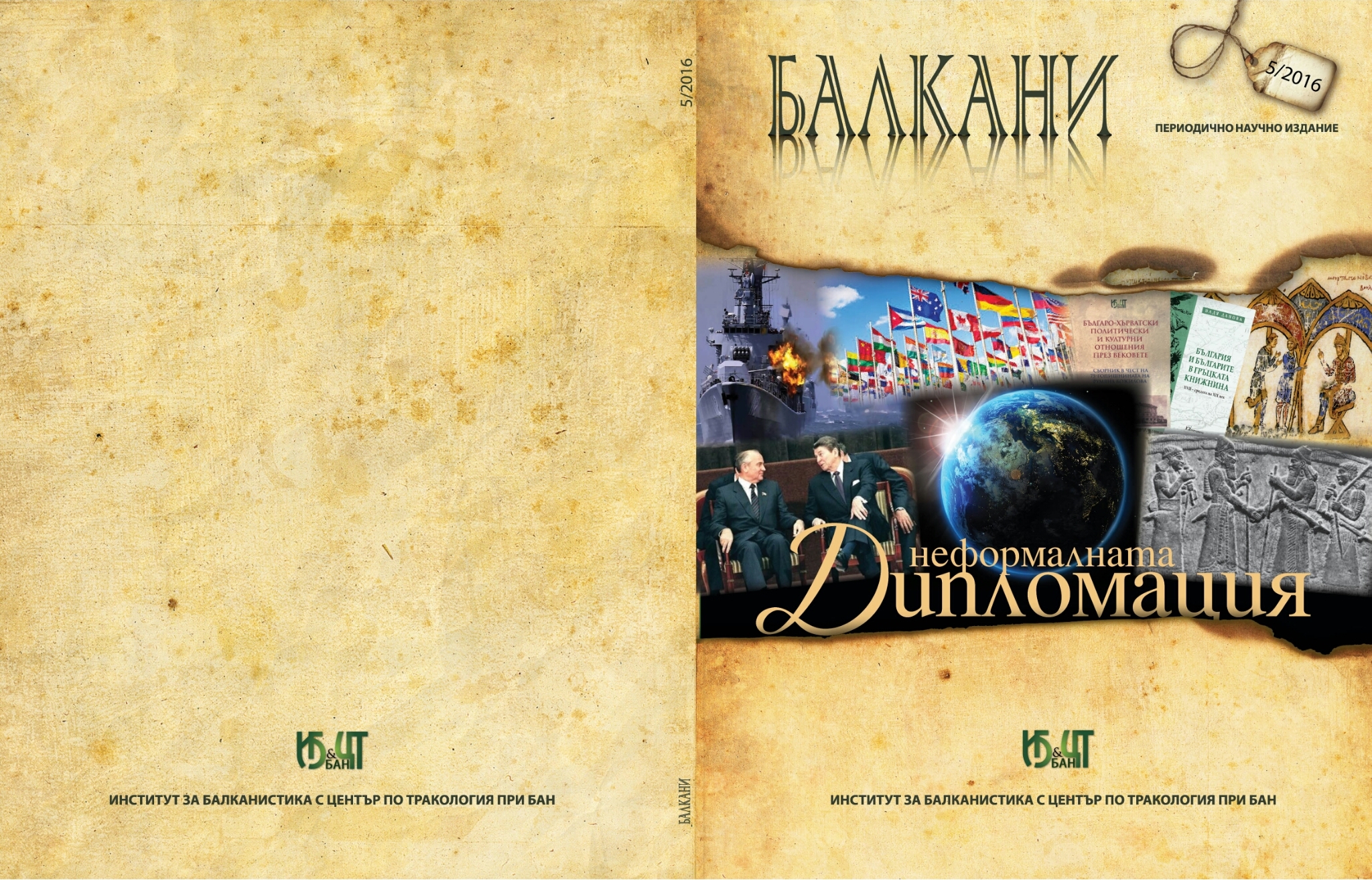ДИПЛОМАЦИЯ НА СМЪРТТА: МАСОВИ ИЗТРЕБЛЕНИЯ И ГЕНОЦИД В АНТИЧНОСТТА
DIPLOMACY OF DEATH: MASS EXTERMINATION AND GENOCIDE IN CLASSICAL ANTIQUITY
Author(s): David KonstanSubject(s): History, Ancient World
Published by: Институт за балканистика с Център по тракология - Българска академия на науките
Summary/Abstract: Mass exterminations of entire populations were hardly unknown in classical antiquity; but are they comparable to modern genocide? Genocide is conceived as the intentional elimination of a race or ethnic group as such, because of inherent qualities that render it obnoxious or pestilential; the language of pollution and disgust often serves to dehumanize the victim. In antiquity, the reason given for mass slaughter was more often treachery or crime on the part of the enemy, that is, specific acts of injustice rather than indelible racial traits; such acts inspired anger rather than disgust, an emotion in the full sense of the term (involving a cognitive appraisal) rather than instinctive revulsion. I look briefly at ancient theories of emotion, as a way of situating modern genocide in a larger history of massacres.
Journal: БАЛКАНИ
- Issue Year: 5/2016
- Issue No: 5
- Page Range: 89-98
- Page Count: 10
- Language: Bulgarian

